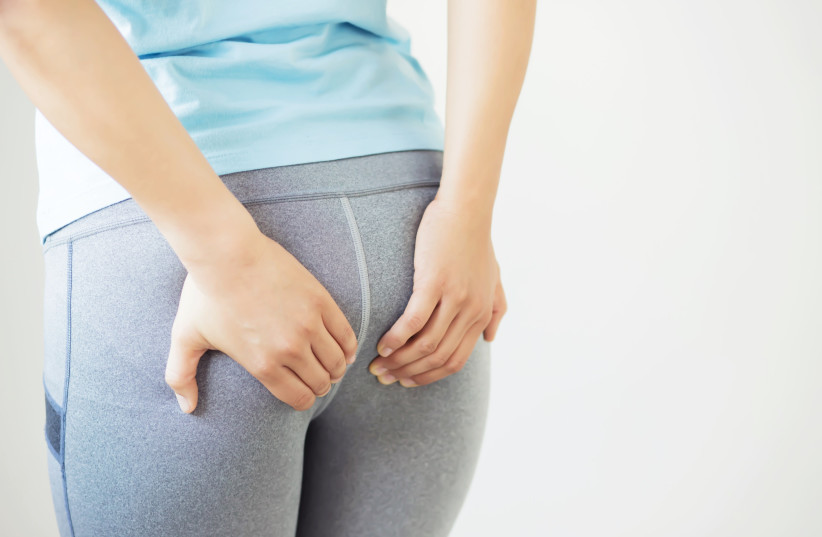We all pee several times a day, but this regular daily deed can endanger health if not done properly. Those who are at higher risk for such problems are women, mainly because of their physiological structure. But not only.
A women's life is connected to many changes regarding hormones and reproduction such as pregnancy, childbirth and menopause. In addition to aging, they can also lead to pelvic floor disorders such as prolapse, which can affect lower urinary tract function.
Here are four mistakes women make when they need to pee:
1. Wiping incorrectly
One of the most important things is to avoid wiping from back to front, because there’s a lot of bacterial flora around the anus and perianal area, vagina, vaginal lips and genitals, and wiping can transfer bacteria from one area to another.
Such a move can cause urinary tract infections, which include burning in the urine, pain and needing to urinate multiple times daily. Also, it can lead to repeated use of antibiotics, as these infections in many cases become recurrent.

2. Too much wiping
Excessive wiping can cause discomfort and irritate sensitive skin, creating the potential for infection. Wipe gently, use a bit of paper and if possible then wash with a cloth and towel dry.
3. Hold in for too long
We’ve all postponed peeing at work until we’re hopping to the bathroom. Don’t get to this point! As soon as you feel the need to urinate, go to the bathroom. Under normal circumstances the bladder can comfortably hold an amount of 1-2 cups. But if you routinely hold in for long periods of time, you can stretch and expand the bladder to contain more than that.
Yet your bladder isn't the only thing that can stretch and expand. The external muscles of the sphincters may also stretch. These are very important muscles attached to the outside of the bladder and actually hold in the urine. Excessive stretching of these muscles can cause loss of control. This is a rare condition, and it often takes decades of systematic restraint to get there, yet once the damage is done it can be very unpleasant and even dangerous.
4. Bladder won’t empty completely
Speaking of restraint, less control over the sphincters can lead to urinary incontinence when the bladder is full, and you won’t be able to empty completely when you go to pee. This will increase the frequency of your visits to the toilet and cause urine retention, a medical condition in which the urine stays inside the bladder for a long time and doesn’t empty.
Since your bladder is a hot, wet bag of bodily debris, it’s a perfect habitat for harmful bacteria which can cause all sorts of damage. In rarer cases urinary retention can be so severe that the urine returns to the kidneys, which can lead to kidney failure and even death.